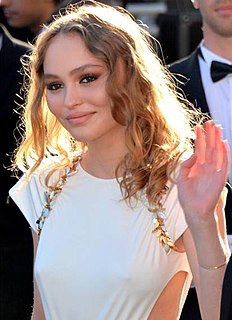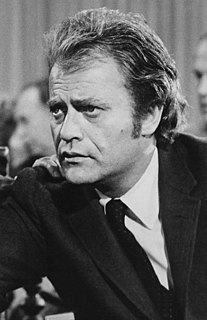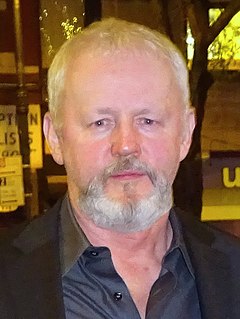A Quote by Chris Wooding
In my head, scenes are shot from certain angles; there are camera pans, all of that kind of stuff. Converting those visuals to comic format was mostly a matter of adapting them to the rhythm of paneling.
Related Quotes
Whether I'm performing or directing, I'm aways thinking about rhythm; sometimes it's nailing the right rhythm, and sometimes it's intentionally breaking the rhythm. Those two things are what make something funny or not. How long a shot is and where you put the camera are all part of that rhythm of directing.
The difference between an amateur and a professional photographer is that the amateur thinks the camera does the work. And they treat the camera with a certain amount of reverence. It is all about the kind of lens you choose, the kind of film stock you use… exactly the sort of perfection of the camera. Whereas, the professional the real professional – treats the camera with unutterable disdain. They pick up the camera and sling it aside. Because they know it’s the eye and the brain that count, not the mechanism that gets between them and the subject that counts.
Kissing scenes are never romantic or sexy, they're actually super technical, like, "Move your head, you're blocking her light," or, "Stop looking like an idiot when you kiss her." You do it again and again because of the camera angles and takes and whatnot. So by the end of it, it's not even kissing. All the anything is totally drained out of it.






































